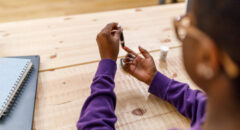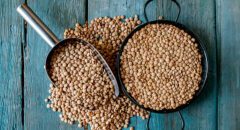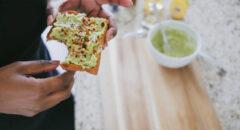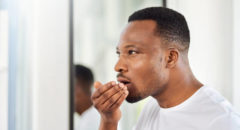
Consistently eating a nutritious diet combined with exercise is the best way to improve your type 2 diabetes. Although this may be true, blood sugar spikes are just a part of the process. Today you will learn new things to add to your daily life that will help keep your blood sugar in check, especially after you eat.
Diabetes Alert: Do Starchy Vegetables Spike Your Blood Sugar?
Veggies Come First

Starting your meals off by eating your veggies will slow down the absorption of glucose from the rest of your meals. Whenever you go out to eat, get a salad or raw carrots and celery as an appetizer. When you eat your vegetables first, you end up with a smaller blood sugar spike. The lower the blood sugar spike, the fewer cravings and crashes you will have throughout the day.
Dessert Always Comes Last

Whether you have diabetes or not, we are all human and we have our cravings for sweets. Eating your favorite sweet snack will not work in the favor of your blood sugar if you eat it on an empty stomach.
Consuming foods high in sugar can cause a huge spike in blood sugar levels, even causing you to want more sweets.
Instead, try eating your favorite sweet snack after you have had a full meal to prevent a blood sugar spike. This by no means implies that you should eat more sweets, but rather suggests a strategic way to consume them. Think of anything with sugar as a treat. Even things like juice or alcohol should only be consumed on special occasions.
Get More Sleep

Sleep is an important part of health in general, but it’s especially important if you wish to regulate your blood sugar levels. A poor sleep schedule can impair glucose metabolism and can eventually cause high sugar levels the next day.
When the body isn’t getting enough sleep, your insulin response to food can get out of whack resulting in a spike.
If you don’t get a proper amount of rest, you may also see spikes in your blood sugar level after your breakfast in the morning. You may have








